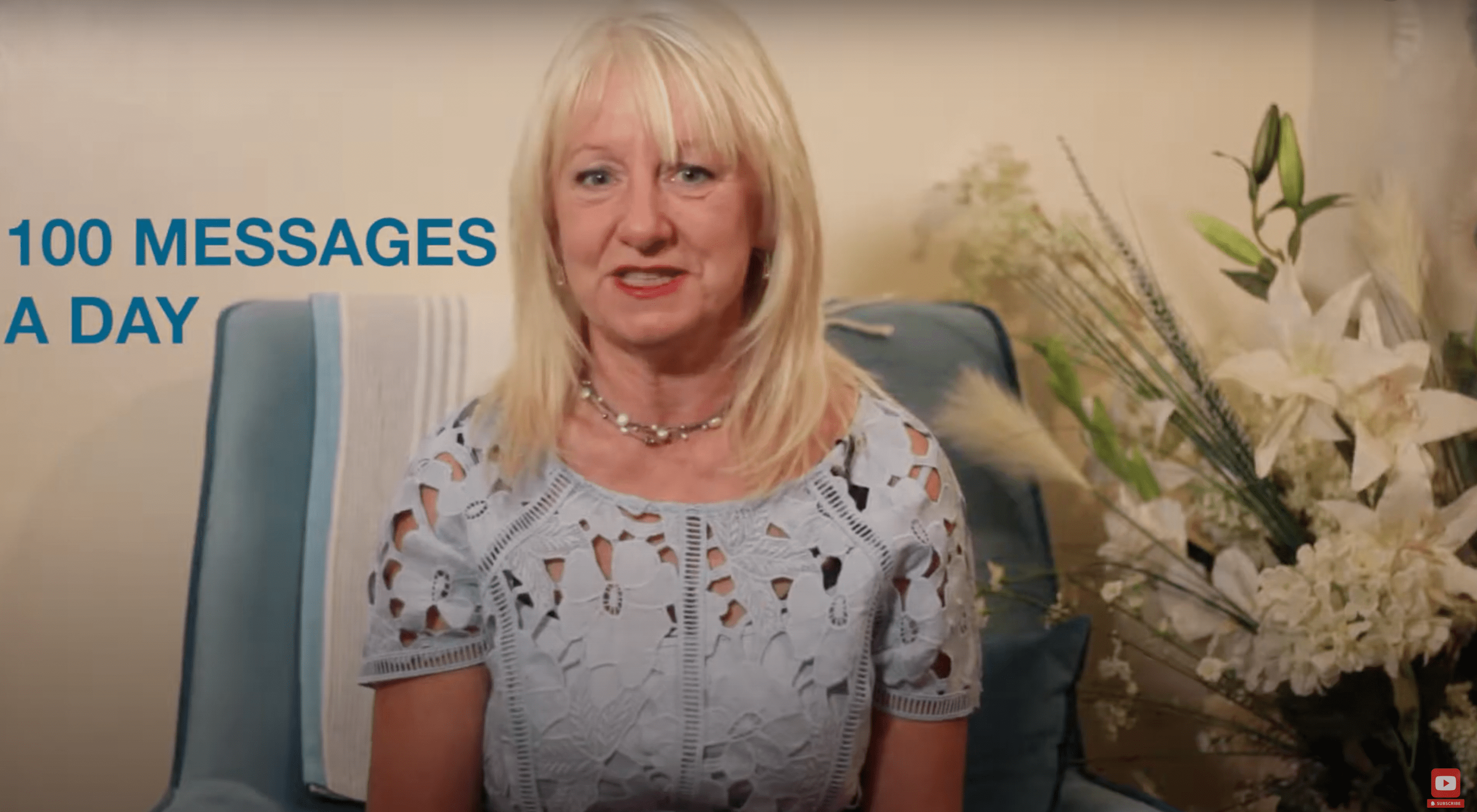Blog
It took me years to master the nasal sounds in French - not because it’s hard, but just because I didn’t know how!
No textbook can do it, no written instructions suffice . . . and then one day, it came.
It came easily and I never get it wrong now! So what made the difference?
Just 10 minut...
I recently mentioned that it took me years to master the nasal sounds in French - not because it’s hard, but just because I just didn’t know how! So here’s your next nasal sound made easy!
No textbook can do it, no written instructions suffice . . . and then one day, it came. Just 10 minutes of ...
Once you’ve got past the basic beginner phase, you start needing a bit more in-depth vocabulary. We know this. And trying to say “LOOKS LIKE” seems to pop up a lot at the moment, in conversations and as a question in my lessons.
If you’ve been caught up in the nitty-gritty of these 3 verbs - S...
It took me years to master the nasal sounds in French - not because it’s hard, but just because I didn’t know how!
No textbook can do it, no written instructions suffice . . . and then one day, it came. It came easily and I never get it wrong now!
So what made the difference? Just 10 minutes ...
Fed up of using ‘and’ and ‘but’ all the time?
Fancy sounding a little more sophisticated and widening your vocabulary just a little bit, and in a few moments?
It’s easily done with a mini-lesson on how to use “moreover” and synonyms so you can choose which one(s) you want to learn yourself.
...
Are you inadvertently reinforcing your English way of pronouncing French?
Are you reading to yourself in your head with your English accent? It’s ok - it’s what we do!
So, I am making a series on really short mini-lessons to help you quickly overcome simple pronunciation errors.
In this ...
How often do you mix up the accented é and è either in writing or when trying to read French?
If you’re wanting to read more fluently, make the correct sounds in your head when you’re reading, or even say then correctly when reading to other people, but it somehow all gets muddled up . . . then...
So you might get by well enough in French, but there comes a time that you want to start getting a touch more accurate.
Basically, we want to sound as intelligent as we actually are, rather than people judge us as if we were the age of our French-speaking abilities.
Of course, it’s harder tha...
Ready to work on your listening comprehension?
Many people have been asking for a practice video to help them with their listening skills.
So, as always to help you learn, pronounce, and remember, I made you ANOTHER mini-lesson!
Here's what you will be focusing on :
- Your listening skills i...
Why should you ditch the chatrooms and start speaking REAL French?
Did you know that with over a third of people with smartphones sending over 100 messages a day, chat rooms and online areas are becoming increasingly popular for learning French?

Now these are great for getting started and ma...
Fancy some listening practise for the weather in French - past, present and future?
Many people have been asking for a practice video to help them with their listening skills. So, as always to help you learn, pronounce and remember, I made you a mini lesson!
Here's what you will be focusing on ...
How do you say that elusive verb TO ENJOY in French?
So you look it up and find a whole bunch of confusing ways to say “enjoy”, but not the actual VERB!
That’s because you’re communicating a feeling, and you’re focussing on finding an exact translation. And guess what - sometimes you just CAN...

